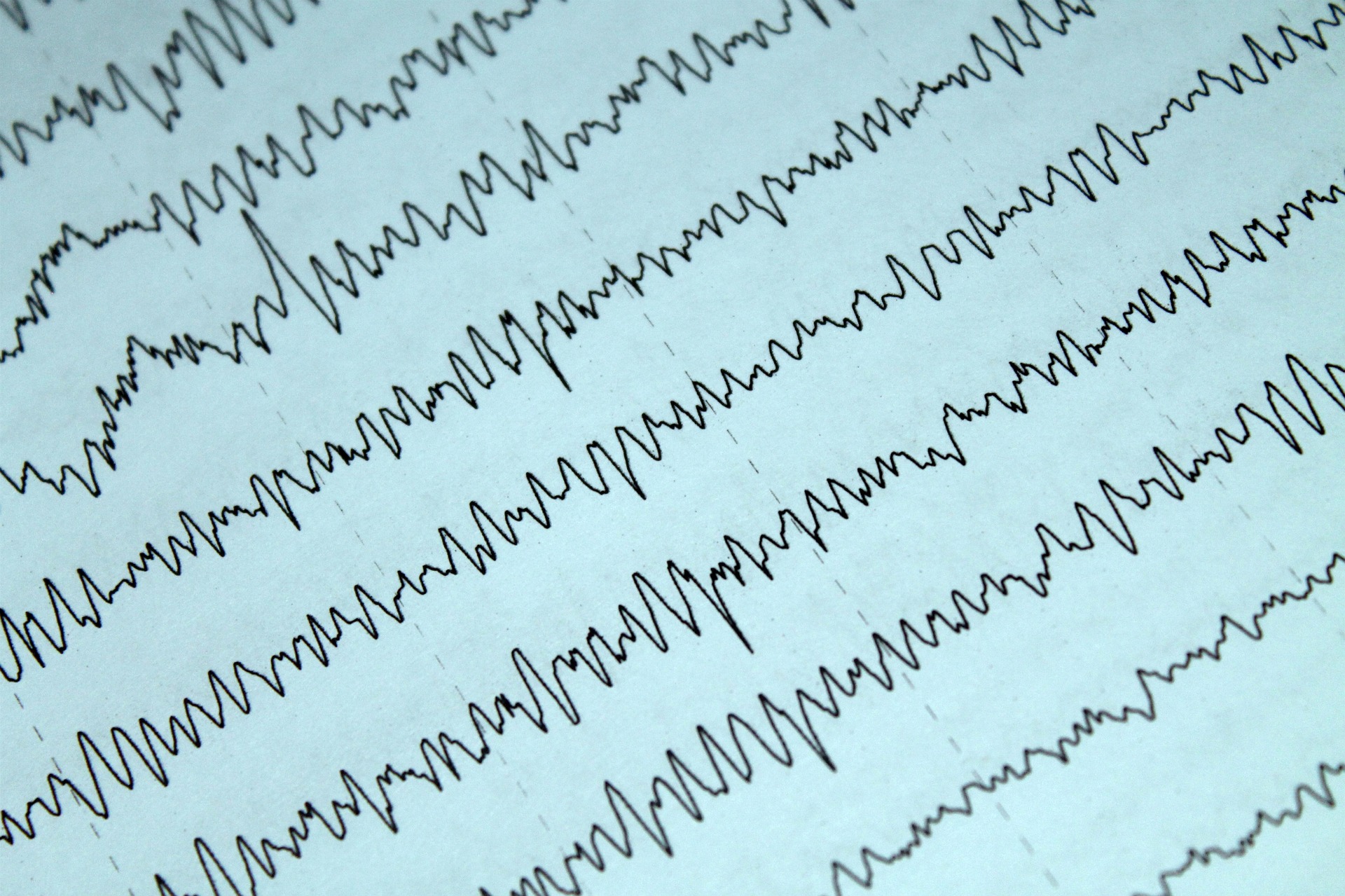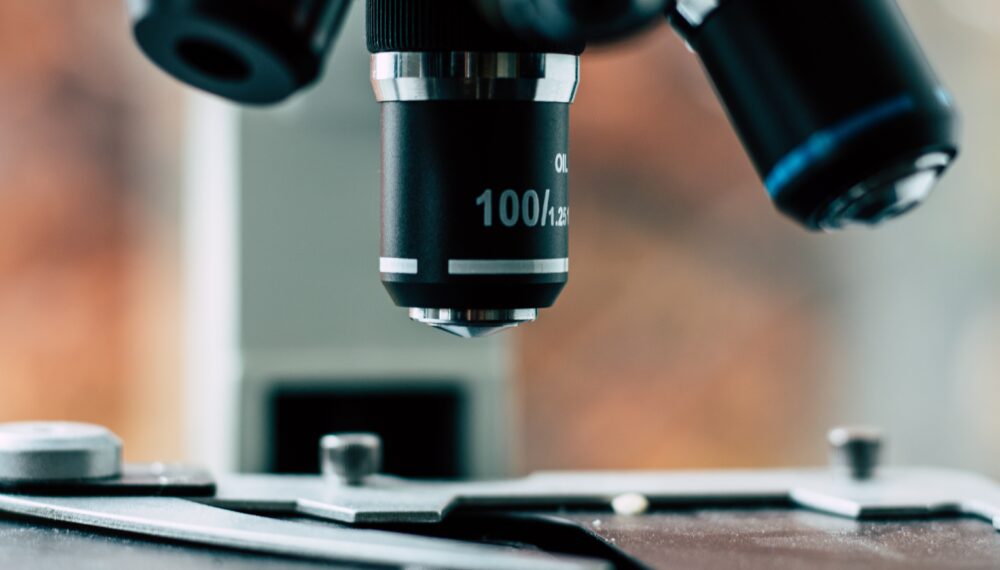Developing a reliable objective measure of tinnitus
An update on the research study by Dr Jason Mikiel-Hunter, Macquarie University

Finding an audiological test that can objectively identify an individual with tinnitus, i.e. without requiring individuals to self-report their phantom sounds, remains a key goal of many audiologists and auditory researchers. The utility of an objective measure could extend well beyond its ability to diagnose tinnitus: from improving our understanding of how these auditory illusions are generated in brains to identifying individuals who may be susceptible to more debilitating tinnitus in the future. Furthermore, any tool that allows researchers to describe quantitively how tinnitus is treated offers the prospect that novel therapies be introduced more quickly and effectively to the general public.
Our work has been focused on how tinnitus affects auditory neurons in the early stages of the auditory system. By presenting click trains to individuals, we record auditory brainstem responses (ABRs) using non-invasive electroencephalogram (EEG). The aim of our project is to determine whether artificial intelligence (AI) software can determine which ABRs come from individuals who suffer from tinnitus. While our initial pilot study demonstrated that the AI software had a high success rate of identifying tinnitus sufferers, a larger, more inclusive dataset was required to train its machine-learning algorithm and validate its clinical merits.
Despite the impact of COVID, we have managed to acquire a large dataset for our test purposes, with the majority of our data coming from collaborators at Karolinska Institute who recorded ABRs from over 400 Swedish participants pre-COVID. Nevertheless, the dataset recorded at Macquarie University grows continually and after collecting data from the 25 participants all under the age of 35 (students from Macquarie University and the Sydney Conservatorium of Music), we are now expanding our criteria to include older individuals with mild-to-moderate hearing loss and will be applying these data to test our AI diagnosis tool. In addition to the EEG recordings, our participants have also undergone common audiological tests, whose targets have been previously proposed as other tinnitus biomarkers. The results of the Acoustic Reflex testing have proven particularly interesting in our young participants, pointing to decreased acoustic reflex recruitment with sound level in individuals who suffer from tinnitus. We hope to publish these results soon in a peer-reviewed journal.
By Dr Jason Mikiel-Hunter, Macquarie University
Take part in a research trial
Tinnitus research is a growing field and there are researchers looking for participants to take part in studies all the time.
Find out more
